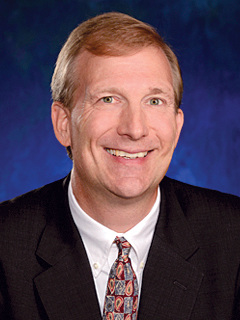
As spring blends into summer, some nursing home operators are going to start feeling more heat. The federal government is moving to reclaim some form of “normalcy” after sequestration cuts lopped funding for many things, including its “very bad boys” list.
To get on the Centers for Medicare & Medicaid Services’ “Special Focus Facility” list, you have to have been a bad performer for many, many months. “Special” in this case is just a synonym for lousy in some way (or ways), frankly. Surveyors have to have dinged you more than once, and you wouldn’t have fixed the big problems if you were still on the list.
Some surveyor check-ups went by the wayside due to the sequestration cutbacks. But slowly, the temperature is rising again. States were allowed to start adding to their SFF lists at the beginning of May; they have until July 31 to have fully beefed them up.
Let’s be clear that this is not going to affect a vast majority of nursing homes. In fact, it’s almost a joke how few facilities nationwide are put on the SFF list. Currently, the number is 48. Under new projections, there will be 88 in “Required SFF slots.”
A month into the list rebuilding, there were still 26 states that didn’t have their “required” number of slots filled. Illinois (the worst), Florida, Indiana, Minnesota, North Carolina, New York, Pennsylvania, Tennessee and Texas all needed to add multiple facilities to the ignominious SFF list.
On the other hand, two states — Mississippi and Oklahoma — each already had one more facility enrolled than is required by CMS. They seem to be more intent on cleaning up messes. But then again, are these two states tougher about making providers toe the line, or is the quality of care in those areas just that much worse than others? That brings us back to the ages-old problem of non-uniform surveyor assessments and enforcements among the different states.
Nonetheless, it seems that while some really poor performers have been able to enjoy a sequestration-induced break from needed scrutiny, that could be slipping away.
And the heat might only get more stifling. Tucked away at the end of a CMS letter that McKnight’s first reported on in April is a relatively innocent-sounding two sentences that essentially tell providers to be prepared for more friction. The message? We’re going to keep working on better ways to uncover and discipline you.
From the July 01, 2014 Issue of McKnight's Long-Term Care News




